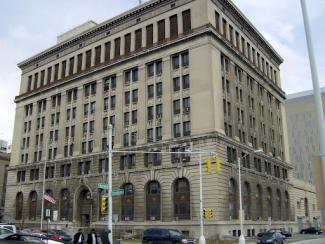
In 1963, 24-year-old Cynthia Scott was walking down a Detroit street at 3 a.m. when she saw her friend, Charles Marshall, leaving a Fourth of July party. He agreed to walk her home. But then cops identifying her as a sex worker pulled up and ordered her to get in the car. When she refused, one of them shot her twice.
Marshall ran to get Scott’s husband. But by the time they reached the hospital, she was dead.
Respectability politics drove away traditional, middle-class Black organizations from defending Scott. The police certainly treated her as disposable.
But despite those narratives, Scott was loved.
Besides Marshall and her husband, Black eyewitnesses also combatted police lies. Her mother filed a wrongful death lawsuit against the city and the cop who killed her.
And, when Scott’s homicide was ruled “justifiable,” 2,500 community members protested, from radical church leaders to working-class Black women.
“We had to go door to door, to barber shops, beauty parlors, churches, drive around the community in cars with a loudspeaker, and announce that we were going to protest in front of the most feared and hated Detroit Police headquarters,” described one participating organization. “To our knowledge, this had not been done before.”
And this wasn’t the end.
The long, hot summer of 1967 was a few years away. Until then and afterwards, Detroit kept the memory of Scott and so many other victims of police violence alive.